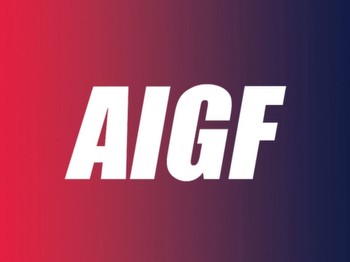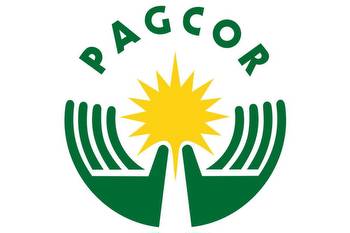A bad bet: The dangers of unregulated online gambling

By Roy Tomandao
Despite the renewed efforts to quash illegal gambling in the country, unlicensed online betting sites are still on the rise. This is a matter of national concern, as losing players to unregulated gaming also means less income to an industry that generates a substantial number of jobs, boosts tourism, and remits one of the top shares of revenue for the government.
Illegal gaming operators expand their market by boasting little to no restrictions in using their platforms, including allowing minors and students to partake in online gambling.
In contrast, betting sites licensed by the Philippine Amusement and Gaming Corporation (PAGCOR) strictly follow the Know Your Customer verification process to ensure that only those allowed by law can actually play.
By disregarding the rules and standards set by PAGCOR, the lives of those susceptible to compulsive gambling are disrupted, harming the overall integrity of such a promising sector.
On top of this, malicious entities are also creating fake websites that deliberately imitate government-accredited online casinos to steal both their credibility and their players. Since these still operate without state approval, they do not comply with any laws or regulations, including their fiscal obligations.
For instance, OKBet, a local gaming platform licensed and regulated by PAGCOR, has recently discovered an alarming number of fake websites disguised as its online sportsbook. These malicious pages use domain names that are very similar to the brand. OKBet has then reminded the public to only access its official website through the correct web address, www.OKBet.com.
The company also warned its player base that falling victim to these fake websites may result in phishing attacks or breaches of their data privacy. Illegal operators behind such schemes may use the personal information relinquished by the users for other scams, like identity theft and credit card fraud.
Apart from the aforementioned risks, these websites will eventually be closed down by authorities for their violations, and the funds that users may have deposited into their accounts will consequently be lost without hope for compensation.
Last September, PAGCOR reminded the public that gambling entities that fail to pass the application process and fulfill the documentary and financial requirements cannot be categorized as legal online gaming operators.
With that said, the law allows users who are at least 21 years old to partake in online gambling using only those platforms approved by the government. The official list can be viewed at www.PAGCOR.ph.


































